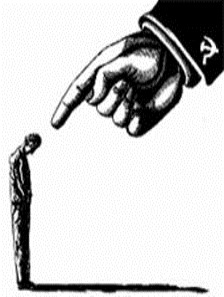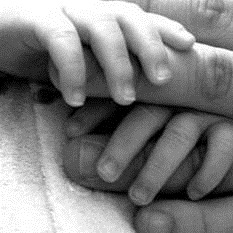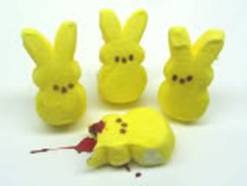
It is not easy to parent when our young kids just do not do what we want them to do. It was once popular to physically punish children for not doing what they are told. It was believed that if pain was associated with not doing what you are told, children would immediately obey.
This strategy was only useful for figures in authority (like parents and teachers). Unfortunately, it did not provide the desired outcome. Children simply learned not to get caught. If an authority figure disappeared or lost their power, the subject would revenge, big time.
After parents, there are authority figures like teachers, bosses, and managers who used shame as an alternative to physical punishment. It was a way to punish through emotional pain, without the physical pain. This seemed to work but the side effects can be severe.















